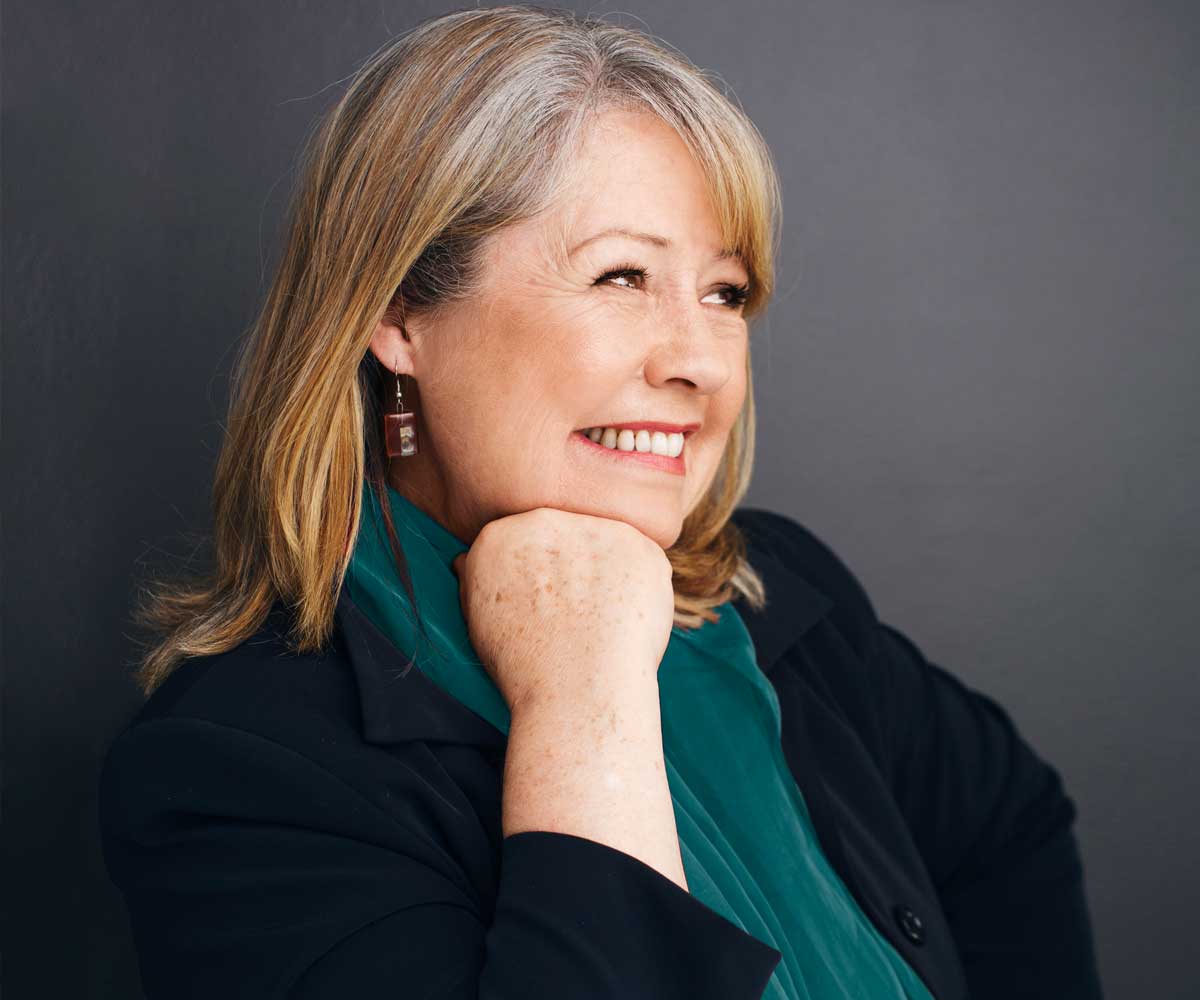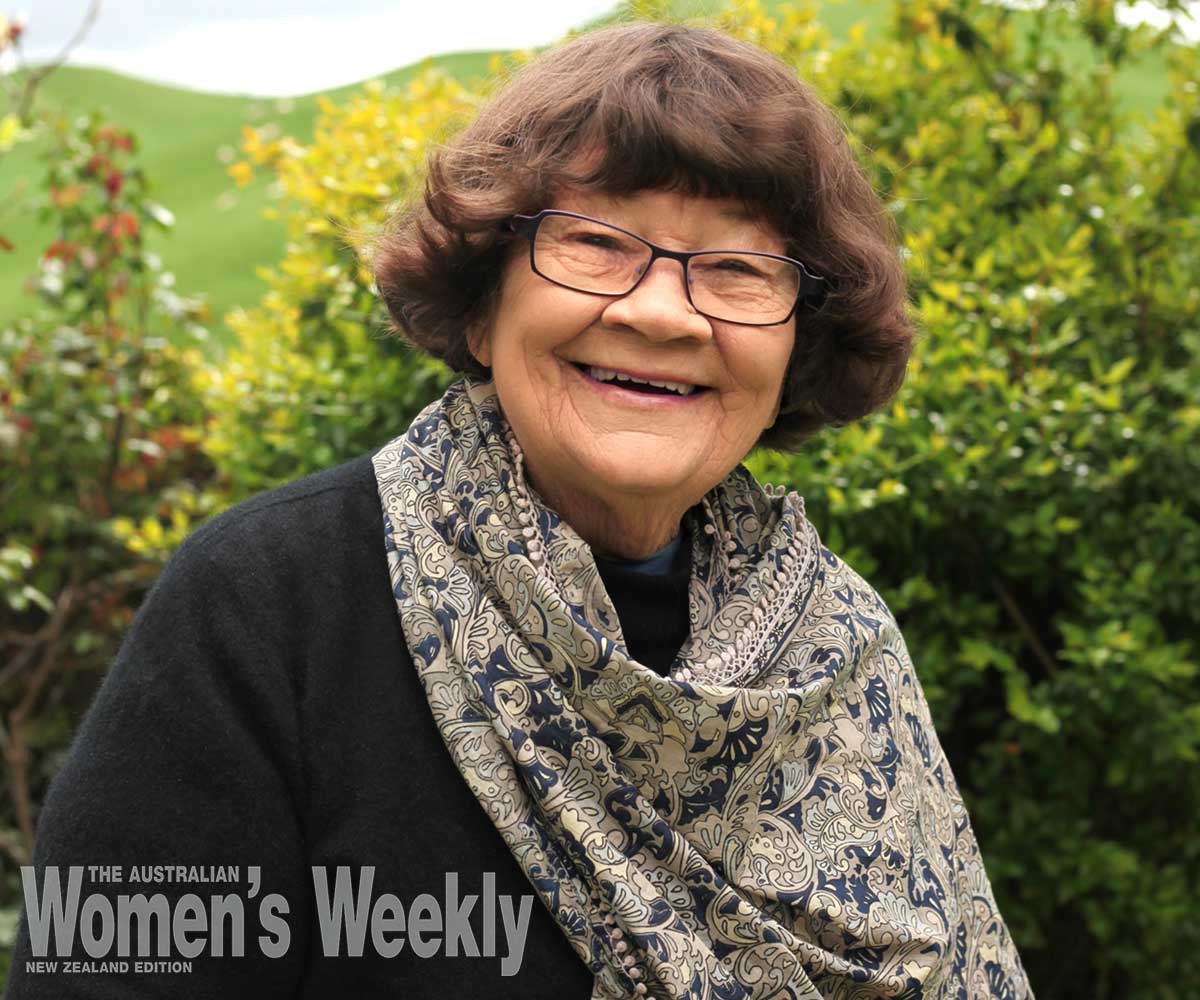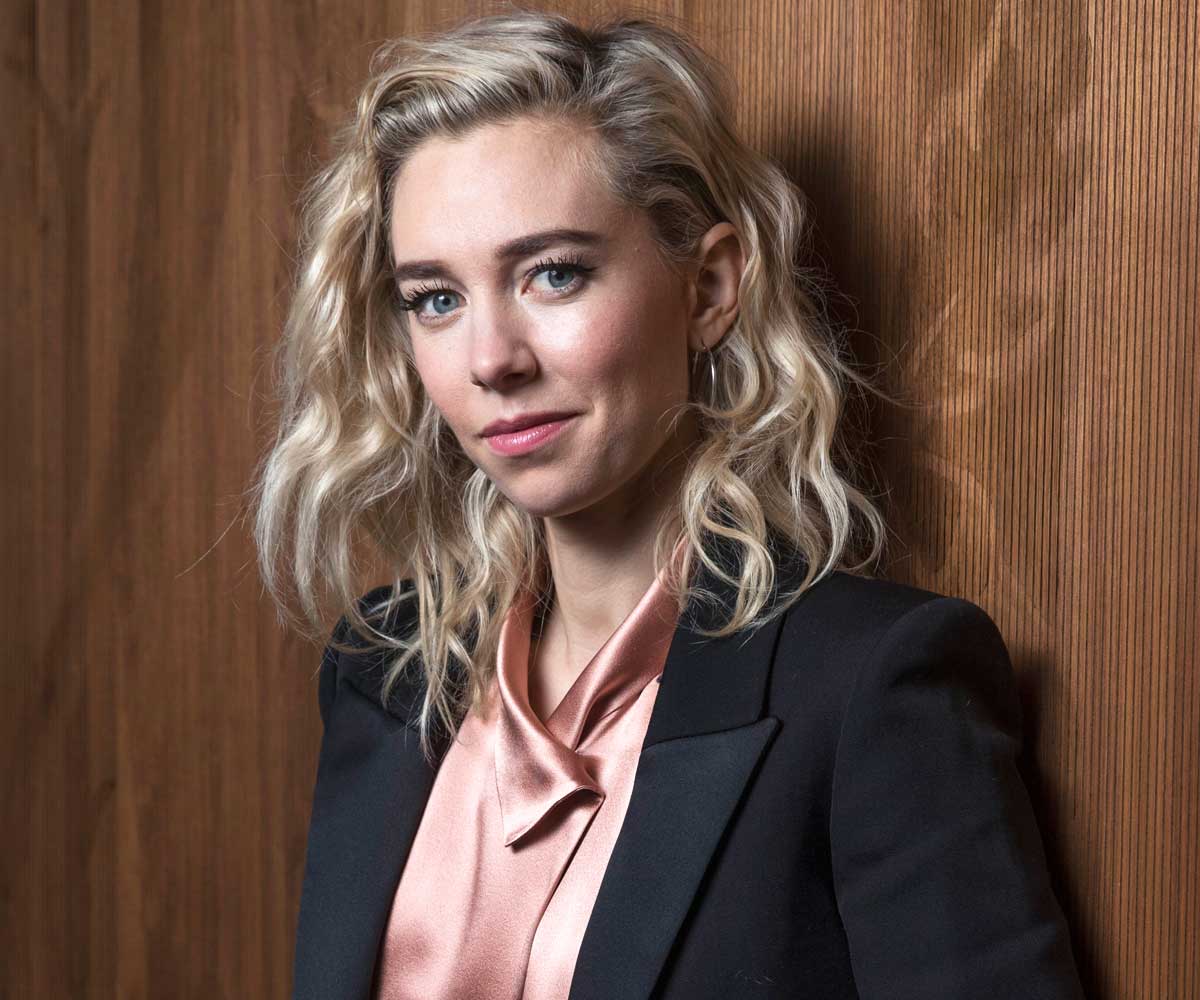Noni Hazlehurst stands amid racks of exquisite 1950s cocktail dresses and lets her character’s stern façade crumble, distilling a lifetime of unrealised longing into a look and a few heartfelt words. Finding the heart in any character, no matter how prickly, is what Noni does best.
This time, it is in Bruce Beresford’s new film, Ladies in Black, which is set in the summer of 1959-60, when post-war migrants were belittled as “reffos” and women hung on the approval of thoughtless husbands.
For Noni, who has spent the last six years immersed in the same era as formidable matriarch Elizabeth Bligh/Goddard, in A Place to Call Home, it was the still-relevant themes of bigotry and sexism that drew her to the film.
We are moving forward on the equality front, she feels, but progress has been glacial “and the backlash has become even more vicious as some men seem to fearfully cling to their perceived superiority”, she says.
“It just seems so ludicrous to me that we are still fighting for equality and that it is perceived as some kind of threat.”
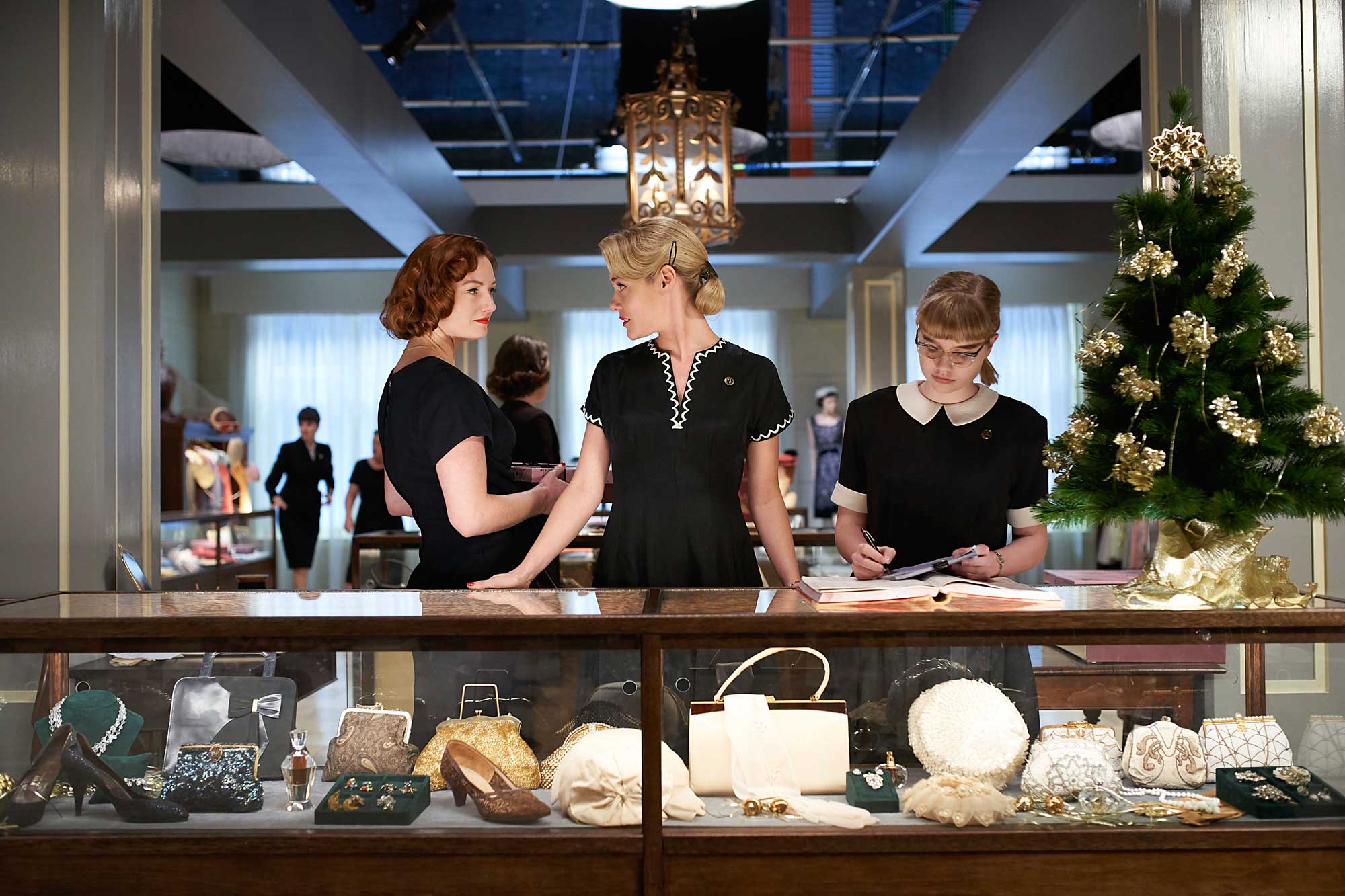
Ladies in Black is set in a Sydney department store in 1959
Still, the current fight against sexual harassment was inconceivable in the 1970s, when Noni was starting out in show business. Looking back, she says, her sheltered “Enid Blyton upbringing” left her ill-equipped to combat the predatory behaviour of the time.
“I was the quintessential young blonde,” recalls Noni. “I got locked in a dressing room and had to sort of scream my way out – things like that. There were auditions that I was told to come to in a bikini, which I didn’t.”
More than 40 years on, Noni is one of Australia’s most respected actors, with a CV that spans theatre, film and television. Cate Blanchett calls her “a national treasure”, while Bruce Beresford describes her as “probably one of the best actresses there is”.
For the past 16 years, home has been a leafy property in the Gold Coast hinterland, but today she chats to The Australian Women’s Weekly from Brisbane, where she is staying between sold-out performances of Mother, the one-woman play she has toured for the past two years.
Written especially for her, it is the story of a broken, homeless woman – and “may well be the performance of Noni Hazlehurst’s life”, according to The Sydney Morning Herald.
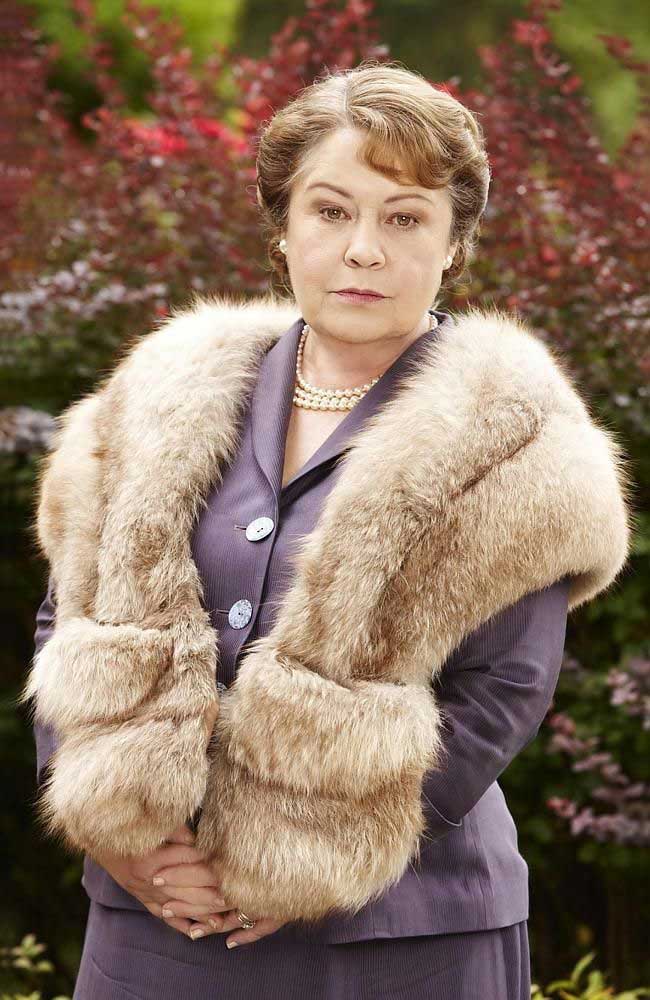
Noni’s portrayal of Elizabeth Bligh in A Place to Call Home is partly inspired by her mum.
As Noni joked in her 2016 Logie Awards speech, when she was inducted into the Hall of Fame, a critic once said that “no one does ordinary and vulnerable like Noni Hazlehurst”. Now 65 and on a career high, she wears that label like a badge of honour. Everyone is ordinary and vulnerable, she argues, and it’s delusional to think otherwise.
“If you’re not vulnerable, you’re not feeling,” she says. “Everyone has something they’re afraid of; everyone has an Achilles heel or a weakness – and that’s okay.”
Noni looks at all her characters – especially the abrasive ones – through a lens of compassion, which is why she bridles when Elizabeth Bligh is labelled a “bitch”.
“Everybody is the way they are because of what happened to them – she’s a result of her upbringing and environment. If you can walk a mile in someone’s shoes, you can find the humanity in anybody.”
Noni says she has always set out to tell thought-provoking stories that make people feel connected. When she declared her manifesto in her sensational Logies speech two years ago, she scored a standing ovation and her words went viral, “because people aren’t used to seeing someone speak from the heart on television”, she says.
Noni knew her politically charged speech was risky, but she wanted to say something that mattered to her, so she decried the damaging effects of the 24-hour news cycle on mental health, and proposed a channel featuring only inspiring, positive stories.
“Children grow up in a state of perpetual fear and powerlessness, feeling like danger’s just around the corner and the world is a terrible place full of corrupt, nasty people,” she says. “It’s not true, but that’s what gets the headlines and attention.”
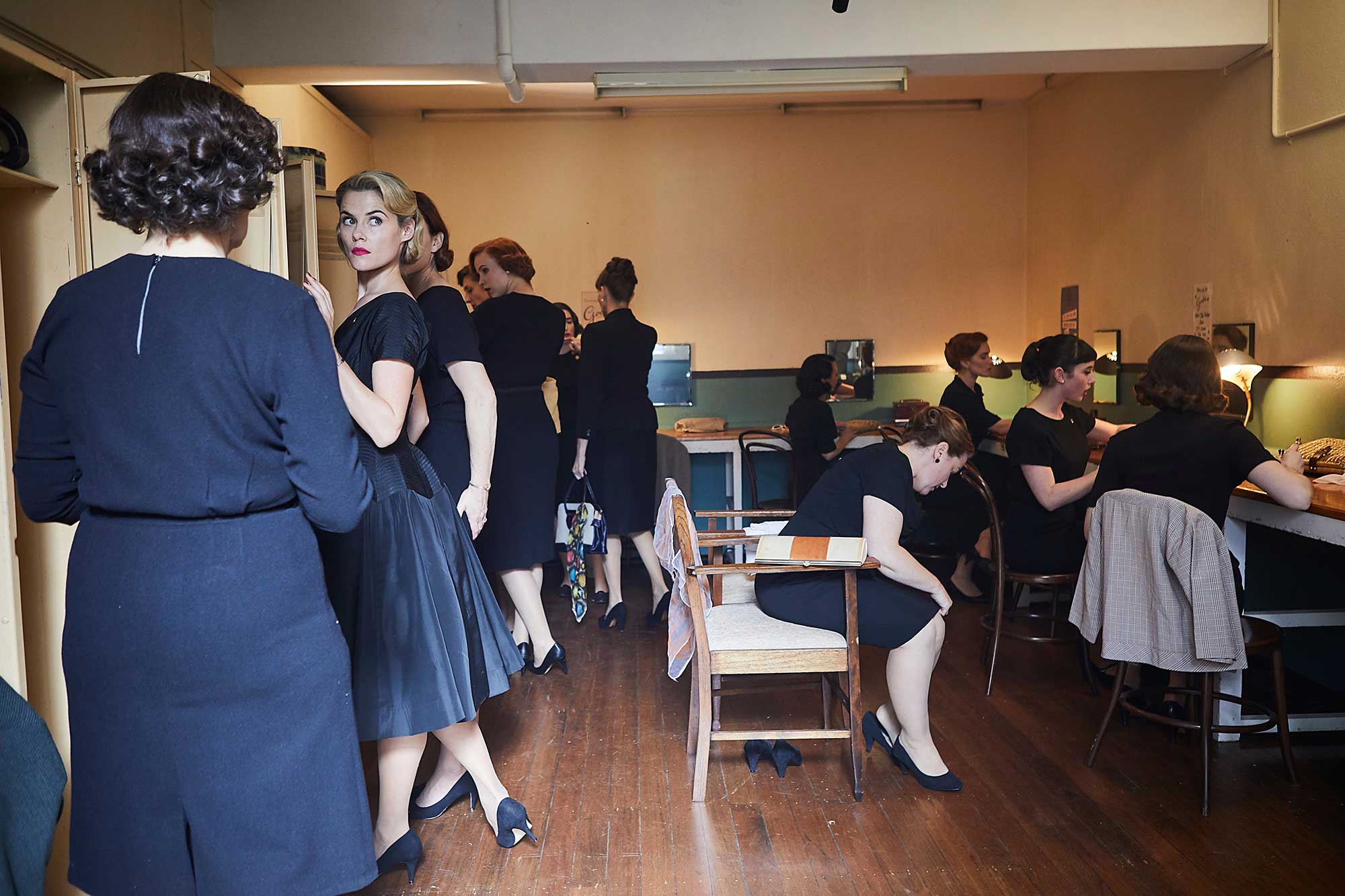
In a world where the Kardashians are deified, Noni looks to uplifting shows like One Born Every Minute for a cathartic dose of reality. A self-described “sook”, Noni can cry on cue and her emotions are never far from the surface, so it’s probably no surprise she went into acting.
“It never occurred to me to do anything else,” she says.
Noni’s English parents, George and Eileen, met just before the Second World War when they were on the same bill in vaudeville, both actors and singers.
The couple migrated to Melbourne in 1950 with son Cameron, and daughter Leonie (nicknamed Noni) arrived three years later. A fourth-generation performer, Noni was just three when she made her stage debut as Little Miss Muffet in a Sunday school concert her mother produced. Her professional fate was sealed.
“Right from the start, when [my parents] realised I had some talent, they made sure I had piano, ballet and calisthenics lessons,” says Noni. “We watched endless English comedy to learn about timing and they taught me about accents.”
The industry was tough, so she had to be versatile. After school, 17-year-old Noni headed to Adelaide to study drama at Flinders University at a time of free love and anti-Vietnam War marches.
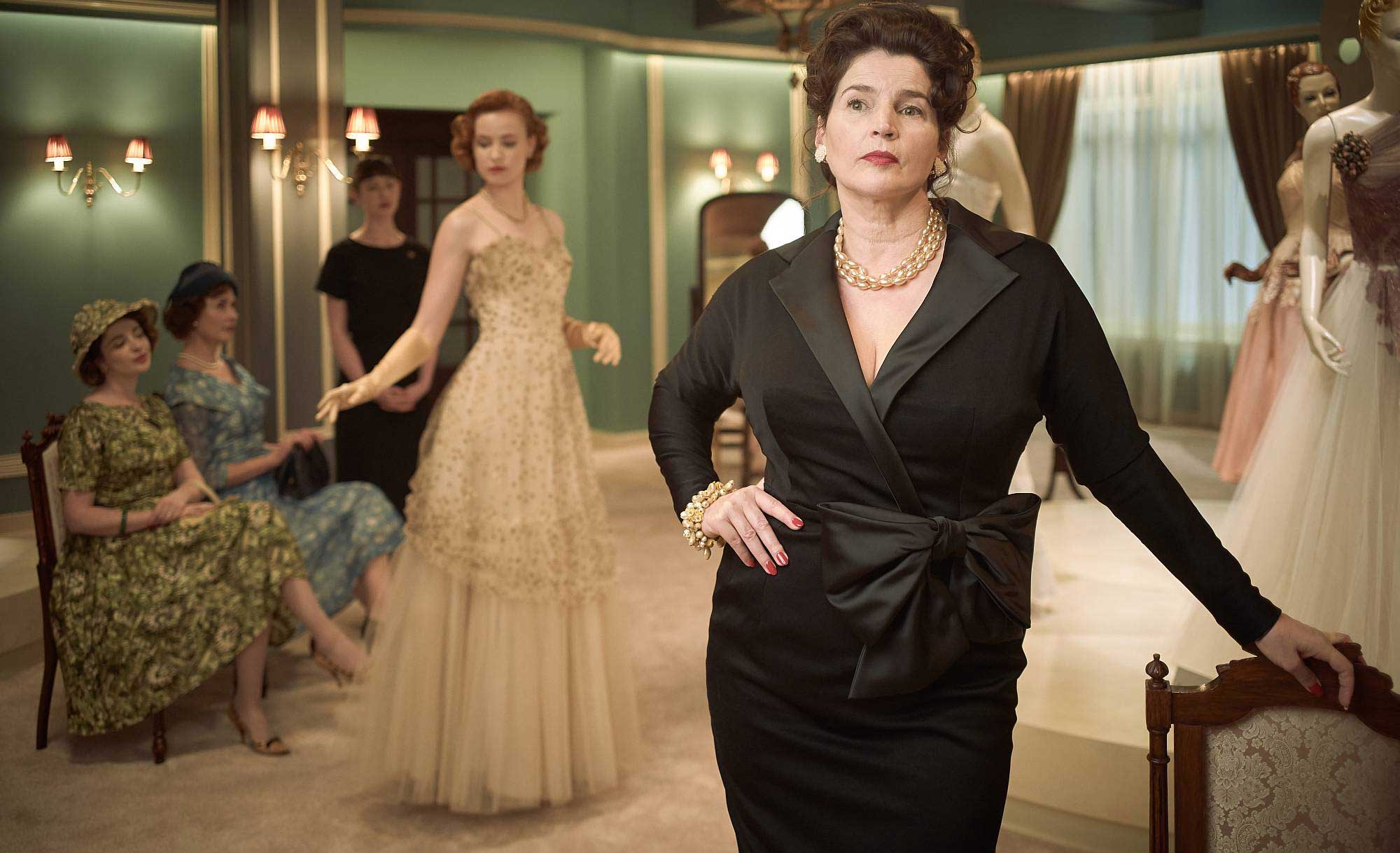
She still recalls the queue from the uni medical centre trailing around the corner in orientation week – all girls wanting the Pill. That same week she sat in a lecture theatre with a couple of hundred other first-year acting students and a professor warned that only two of them would make it in the industry.
“I remember looking around and thinking, ‘Oh, I wonder who the other one is,'” says Noni. “It wasn’t arrogance – I just had no doubt that that’s what I was going to do.”
After graduation, she nabbed a steady supply of TV roles in Aussie police dramas and she was on her way. Presenting Play School from 1978 to 2002, though, remains her proudest career achievement.
“It made me at home with a camera, and it taught me that practice makes progress, not perfect – there’s no such thing as perfect – so it was a real gift.”
To her delight, Noni is approached every day by strangers who grew up with her as their surrogate TV mum.
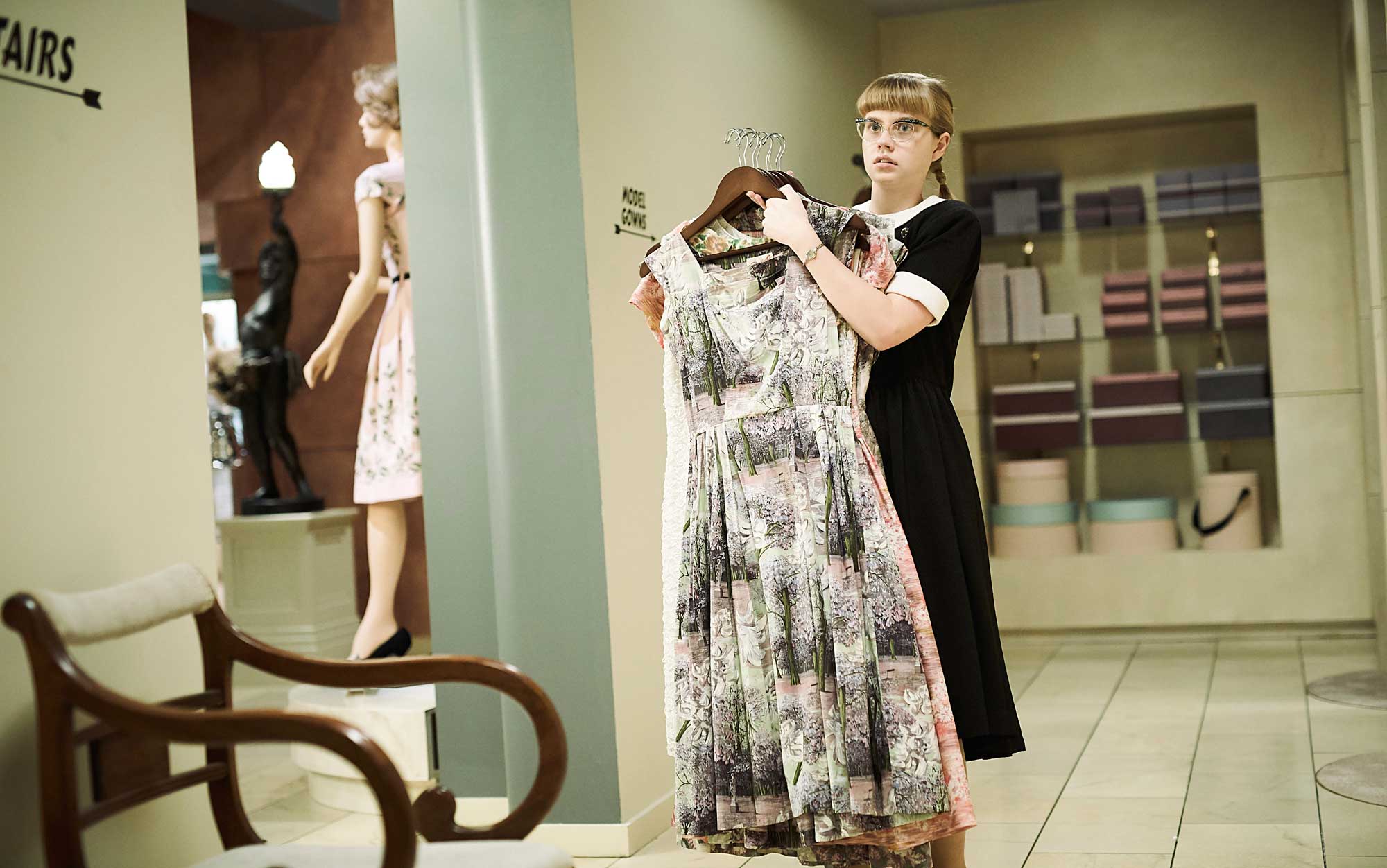
She still remembers being pregnant with her first child in 1988, canoeing down a river in a remote part of the Northern Territory, when she came upon two Aboriginal kids fishing in the middle of nowhere.
“You’re Noni from Play School!” said one. “It really hits home that you’re not just doing Play School for a white, middle-class audience,” she says.
“It truly means something to children anywhere and everywhere.”
After two short-lived marriages, the first at 21, Noni tied the knot with actor John Jarratt at 35 and had their sons, Charlie, now 30, and William, 24. Noni and the Wolf Creek star hosted lifestyle show Better Homes and Gardens together, which only made their eventual split more public.
(Jarratt has recently been charged with the rape of a woman in 1976, long before his relationship with Noni, and on this she has declined to comment.)
These days, Noni shares her home with a couple of friends and is happily single. “I love it,” she says.
“When I’m working, I have to be on, so to come home and just do whatever I want – to just be myself – is a real privilege. I have close friends, I have my children – they’re the men in my life at the moment.”
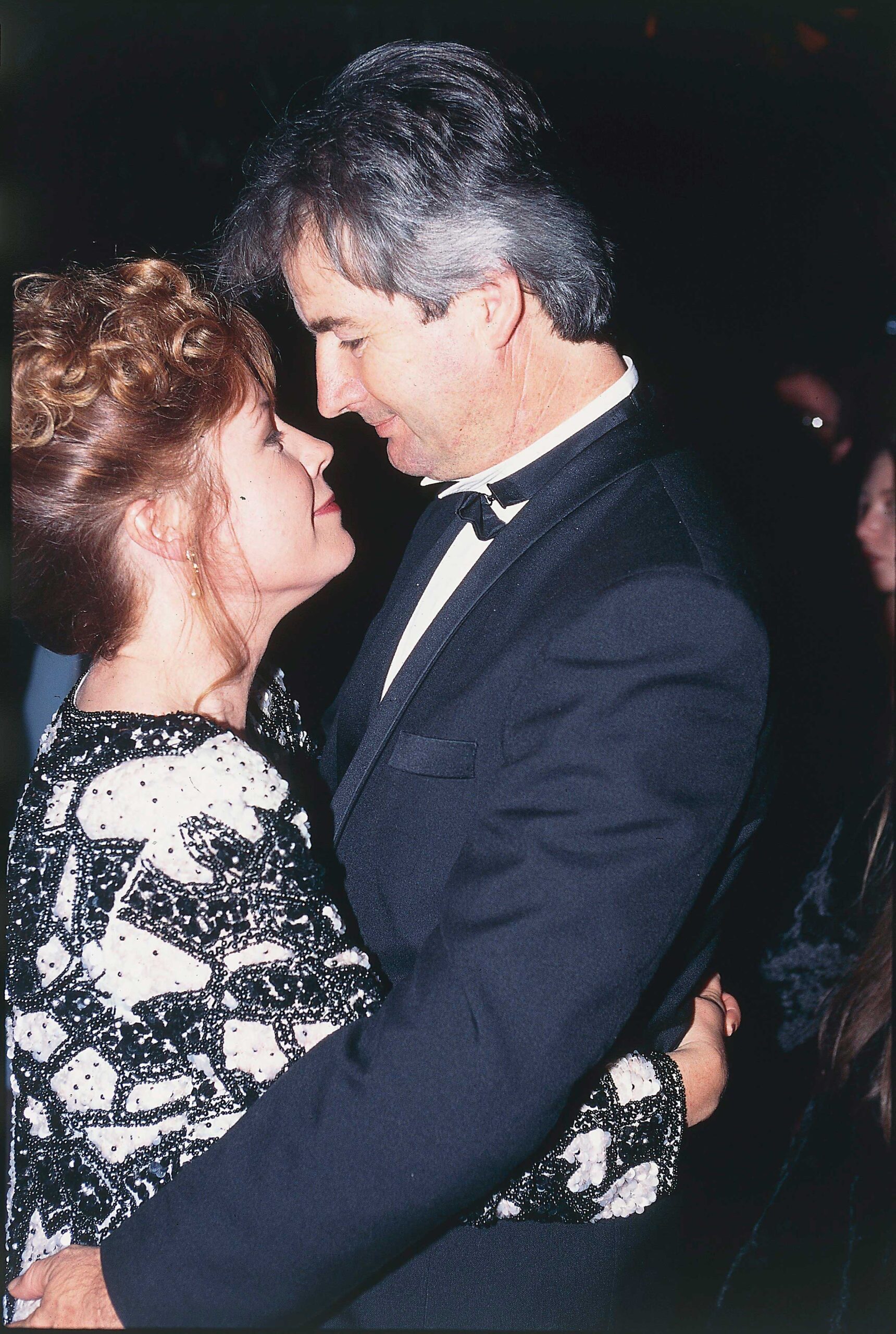
For 10 years, Noni consciously chose to work on Better Homes so she wouldn’t be away from her boys. “I would never have forgiven myself if we got to this age and they were strangers,” she says. “I think you’ve got to give an example of attention and care to your children, otherwise why have them? I really wanted them to have that bond and that security.”
It wasn’t easy, though, when they grew up and moved out. “You have to redefine yourself,” explains Noni. “Who am I without these people as the focus of my life? There’s a definite grieving involved.”
Both men live in Melbourne – Charlie is a social-media consultant and William a musician about to move to the US – but Noni talks to them most days.
They still need their mum, she says – “everybody needs a loving, non-judgmental, unconditional acceptance”, no matter what their age. Both sons have wrestled with anxiety and depression and have been open with Noni about it.
“We really have a lovely adult relationship now,” she says, “and I didn’t have that with my own mother. I was very much kept out of her secrets.”
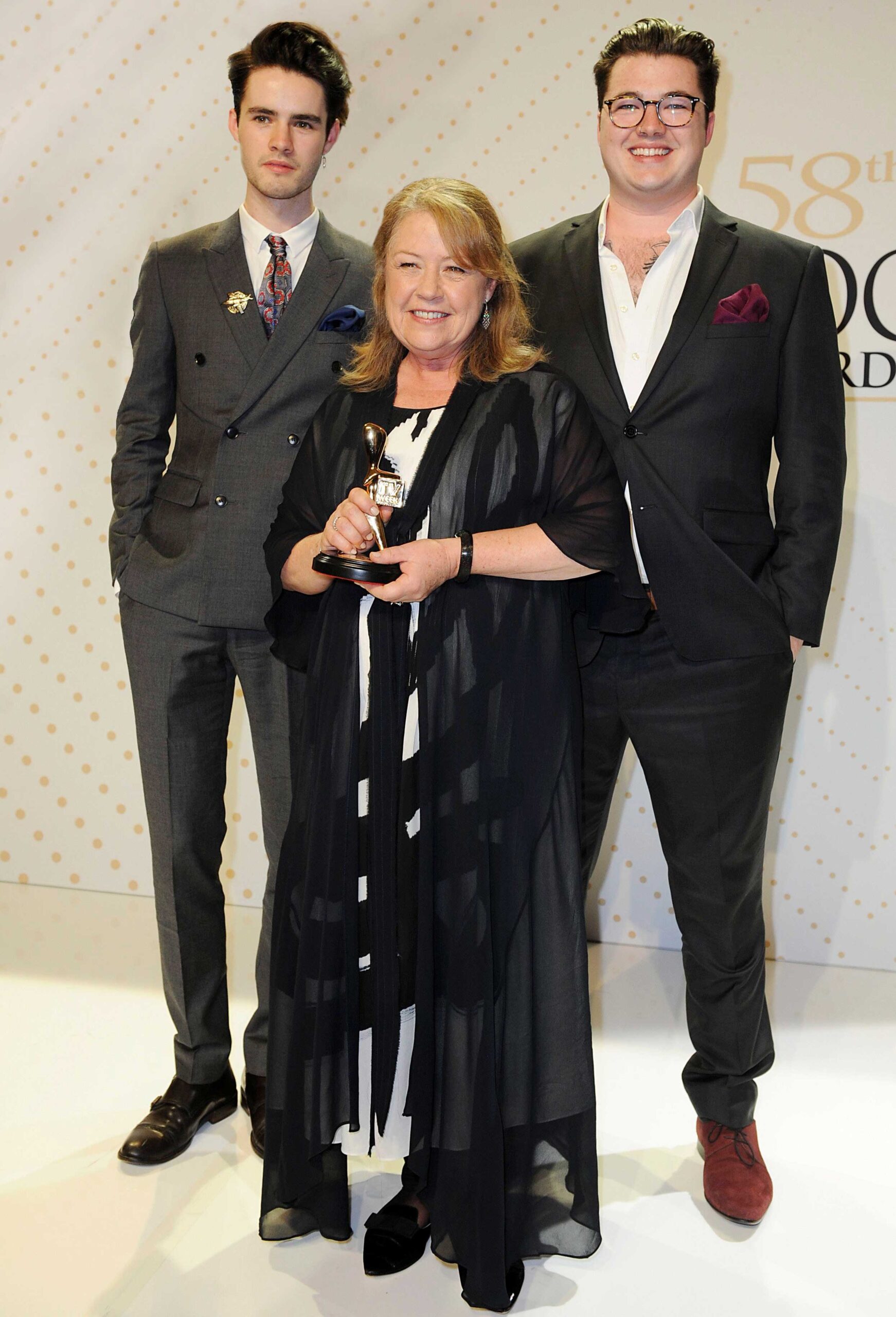
Earlier this year, Noni traced her family history on the TV show Who Do You Think You Are? and finally understood why Eileen, once a bubbly performer, was agoraphobic and so frightened of the world. Noni found out her mother was traumatised when her husband served overseas and she was left to cope alone with a small child amid nightly bombing raids.
The show also exposed her mother’s secrets: Eileen had a brother Noni never knew about, and Eileen’s father had run off with a showgirl.
“Shame and guilt are incredibly destructive and you can’t have open lines of communication if people don’t know your story,” says Noni.
“I felt very sad because I wished that she’d felt able to talk to me about that. There was always a wall between us. She said to me once, ‘I think if I start crying, I’ll never stop.'”
Noni, who once sought counselling over the fraught relationship, says her mother helped inspire her portrayal of Elizabeth Bligh.
A Place to Call Home is now in its final season, and Ladies in Black is set to open on September 20. Noni has a play and two other TV series in the pipeline, as well as plans to write a memoir or even a parenting book. She says she’s happiest when she’s working – or gardening, cooking or reading.
“I’m fairly easily satisfied,” Noni says. “I’m a very lucky person to live in this country, to have work, to be a woman, and to have options. That’s quite enough.”
